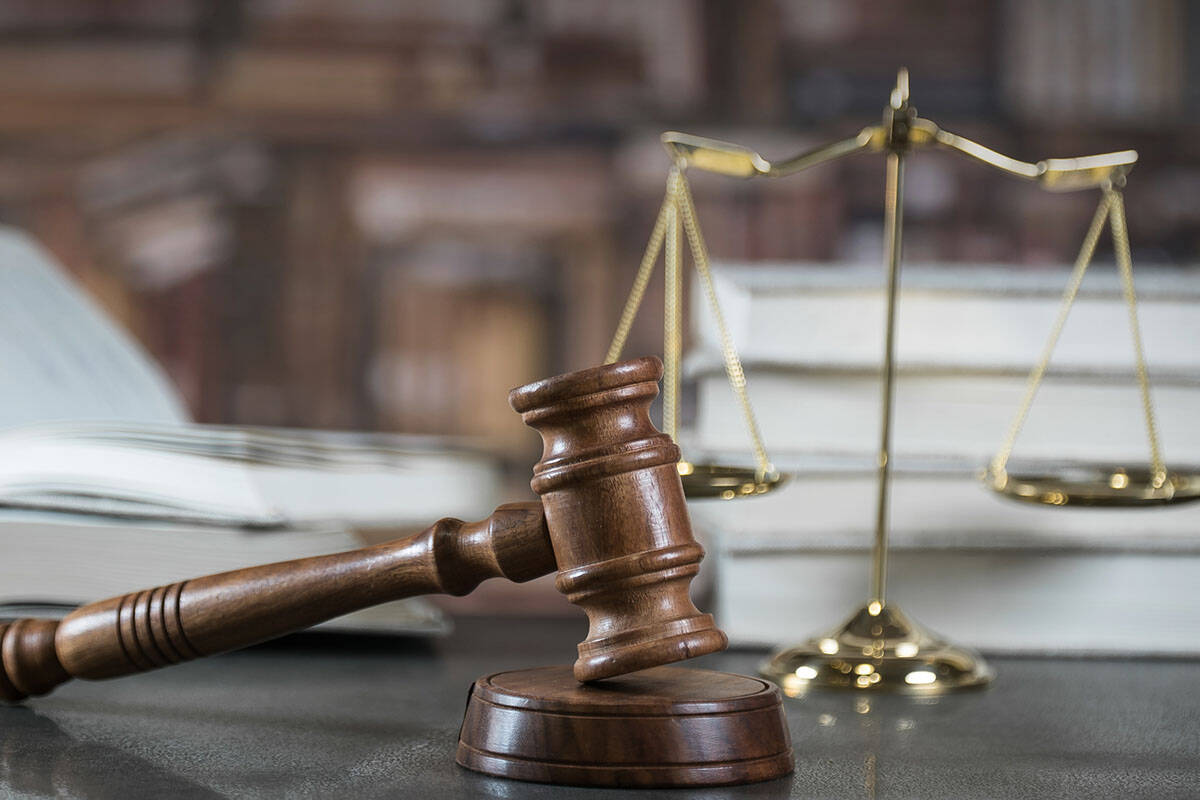How does one get charged with a crime? In Nevada, there are 2 main paths.
News stories often refer to a defendant or suspect in a criminal case being charged with a specific crime.
What does that mean? How do criminal cases enter the judicial system?
In Nevada’s state court system, there are two main paths, one through justice courts and one through a grand jury.
Path through justice court
When a person is arrested on the suspicion that he or she has committed a crime, police look at the evidence against the suspect and recommend charges. Each charge corresponds to a law and carries penalties.
The suspect usually is booked in jail and the case against them is filed with the Justice Court in their city or town. Eventually, prosecutors file a formal charging document called a criminal complaint. They could add charges or drop charges based on what police have found and depending on how an investigation develops.
If the defendant’s attorney wants it, a justice of the peace will hold a public preliminary hearing at which they hear the evidence in the case and decide whether charges stand or get dismissed.
An attorney can also waive their client’s right to a preliminary hearing.
Either way, if the case is not dismissed or resolved in Justice Court, it goes to the District Court, where a defendant takes a plea or faces trial.
Grand jury process
Sometimes, prosecutors want to go directly to District Court. Or they want an element of surprise.
In that case, they can take the allegations against a suspect to a grand jury, a group of citizens who hear cases in secret before deciding whether someone will be indicted on the counts prosecutors request.
A grand jury is dependent on what the prosecutors and the witnesses picked by prosecutors tell them; defense attorneys are not present during grand jury proceedings.
Grand jurors issue a “true bill,” meaning they indict the suspect, or find there is “no true bill,” meaning they did not see a basis to indict them.
If the grand jury decides to indict, which grand juries usually do, prosecutors announce the indictment at a public hearing.
A judge signs an indictment warrant, and the suspect gets arrested.
Nevada grand juries have an element on transparency once a person has been indicted; transcripts of the grand jury hearing and copies of the exhibits prosecutors showed jurors become available to the public and defense lawyers soon after the indictment.
And a grand jury indictment is not ironclad.
In a recent case, the Nevada Supreme Court dismissed a high-profile indictment against Nathan Chasing Horse, an alleged cult leader accused of sexual assault, because it found prosecutors provided an “improper instruction” to grand jurors and failed to present evidence that was exculpatory, meaning it suggested he was not guilty.
Prosecutors quickly indicted Chasing Horse again.
Contact Noble Brigham at nbrigham@reviewjournal.com. Follow @BrighamNoble on X.


















